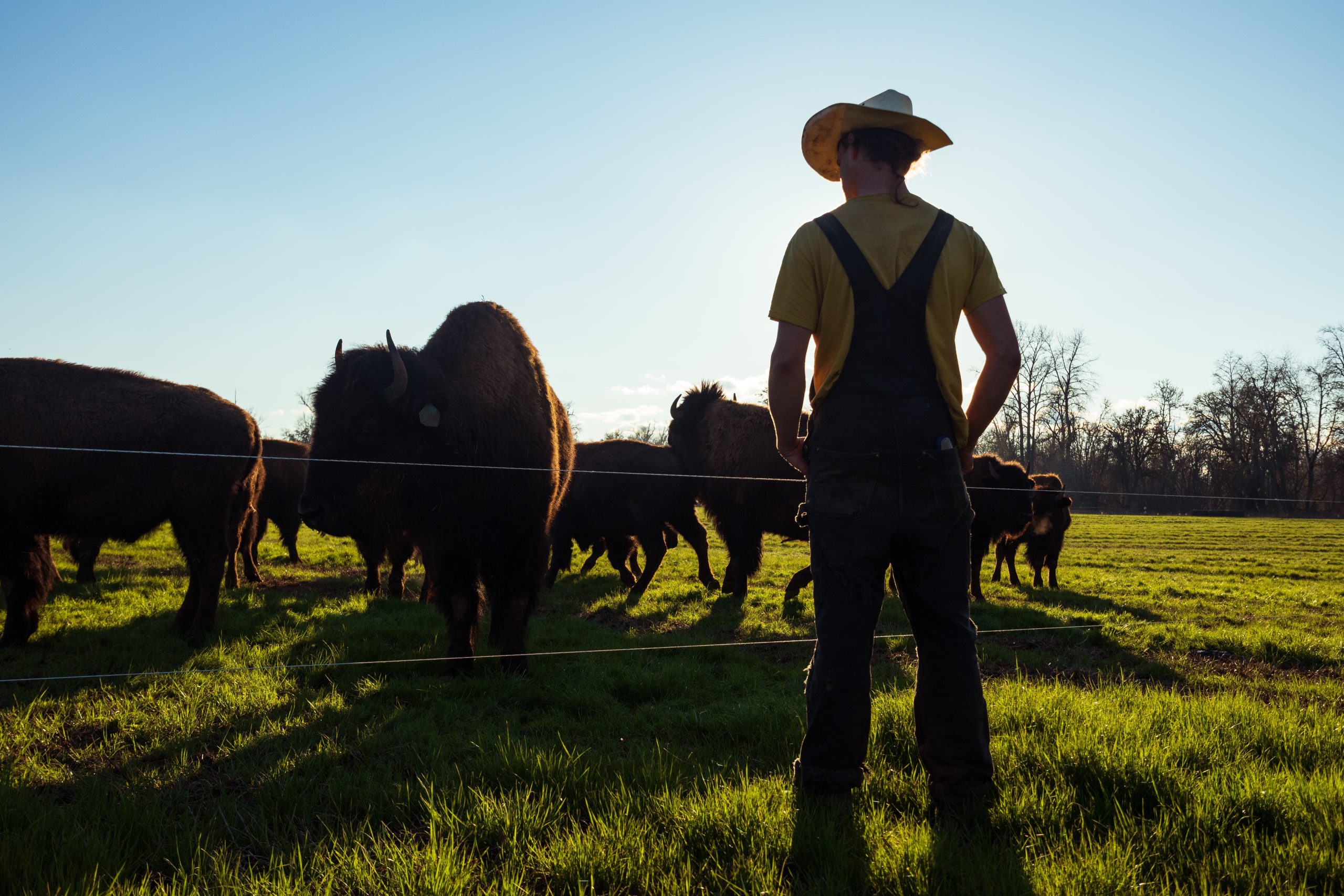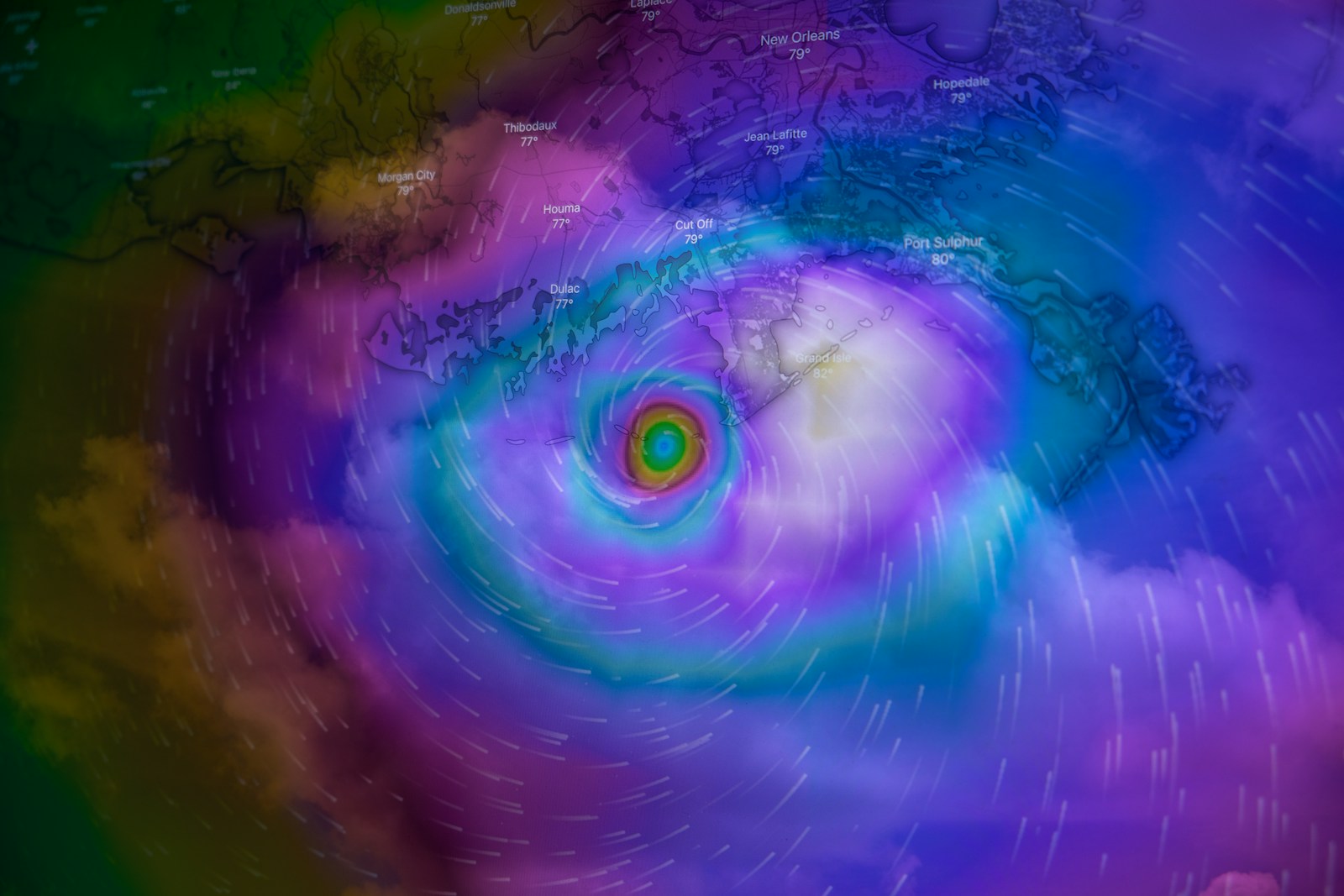Table of Contents
ToggleIntroduction:
A recent study published in the Proceedings of the National Academy of Sciences has found that humans and their livestock account for a whopping 94% of the global weight of all mammals. This is a staggering statistic, highlighting the extent of human impact on the planet’s ecosystems. In this article, we will delve deeper into this issue and explore the reasons behind this trend.
What the Study Says:
The study, conducted by researchers from Israel’s Weizmann Institute of Science, found that humans, along with their livestock such as cattle, pigs, and sheep, outweighed all wild mammals combined by a factor of 14. This means that the weight of domesticated animals is 14 times greater than the weight of wild animals on the planet. The study analyzed data on the biomass (total weight) of different groups of mammals, including humans, livestock, and wild animals such as elephants, deer, and wolves.
Reasons for the Trend:
There are several reasons behind the trend of humans and their livestock outweighing wild mammals on the planet. These include:
Agriculture and Land Use:
The study found that agriculture and land use are the main drivers of this trend. As humans continue to expand their agricultural activities to meet the growing demand for food, they are converting vast areas of natural habitats into farmland. This has led to the displacement of wild animals and a decline in their populations.
Overfishing:
Another factor contributing to this trend is overfishing. Humans have been exploiting the oceans for centuries, and as a result, many fish populations have declined significantly. This has affected the food chain and the survival of marine mammals such as whales, dolphins, and seals.
Climate Change:
Climate change is also playing a role in the decline of wild mammals. As temperatures rise and weather patterns become more erratic, many animals are struggling to adapt to the changing conditions. This has led to the loss of habitats, food sources, and migration patterns, further contributing to the decline in wild mammal populations.
Implications of the Trend:
The fact that humans and their livestock outweigh wild mammals on the planet has significant implications for the environment and our future. These include:
Loss of Biodiversity:
The decline in wild mammal populations means that we are losing valuable biodiversity on the planet. This has consequences for the health of ecosystems and the services they provide, such as pollination and nutrient cycling.
Food Security:
The growing human population and increasing demand for food means that we need to find ways to produce more food sustainably. However, this must be done in a way that does not further contribute to the decline in wild mammal populations or other environmental problems.
Conclusion:
The fact that humans and their livestock account for 94% of the global weight of all mammals is a concerning trend that highlights the extent of human impact on the planet’s ecosystems. We must take steps to address the root causes of this trend, such as unsustainable agricultural practices and overfishing, and find ways to produce food sustainably. Failure to do so could have severe consequences for the environment, our food security, and the survival of wild mammal populations.







